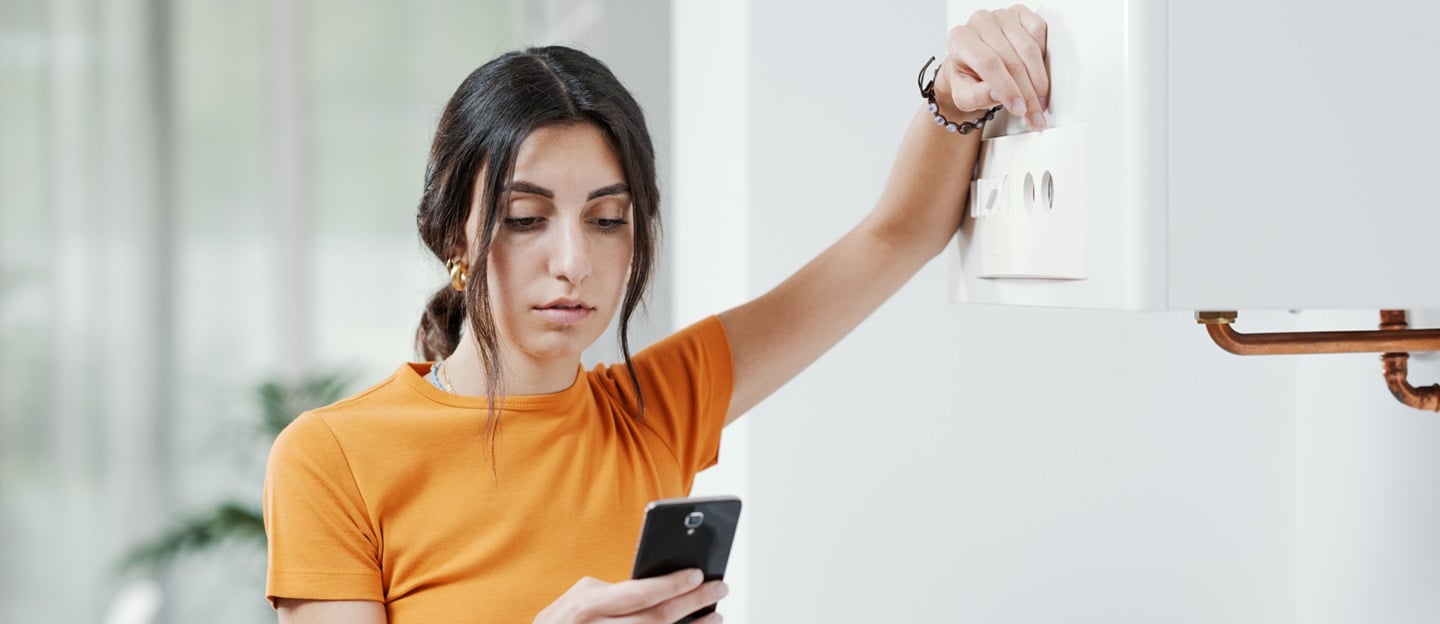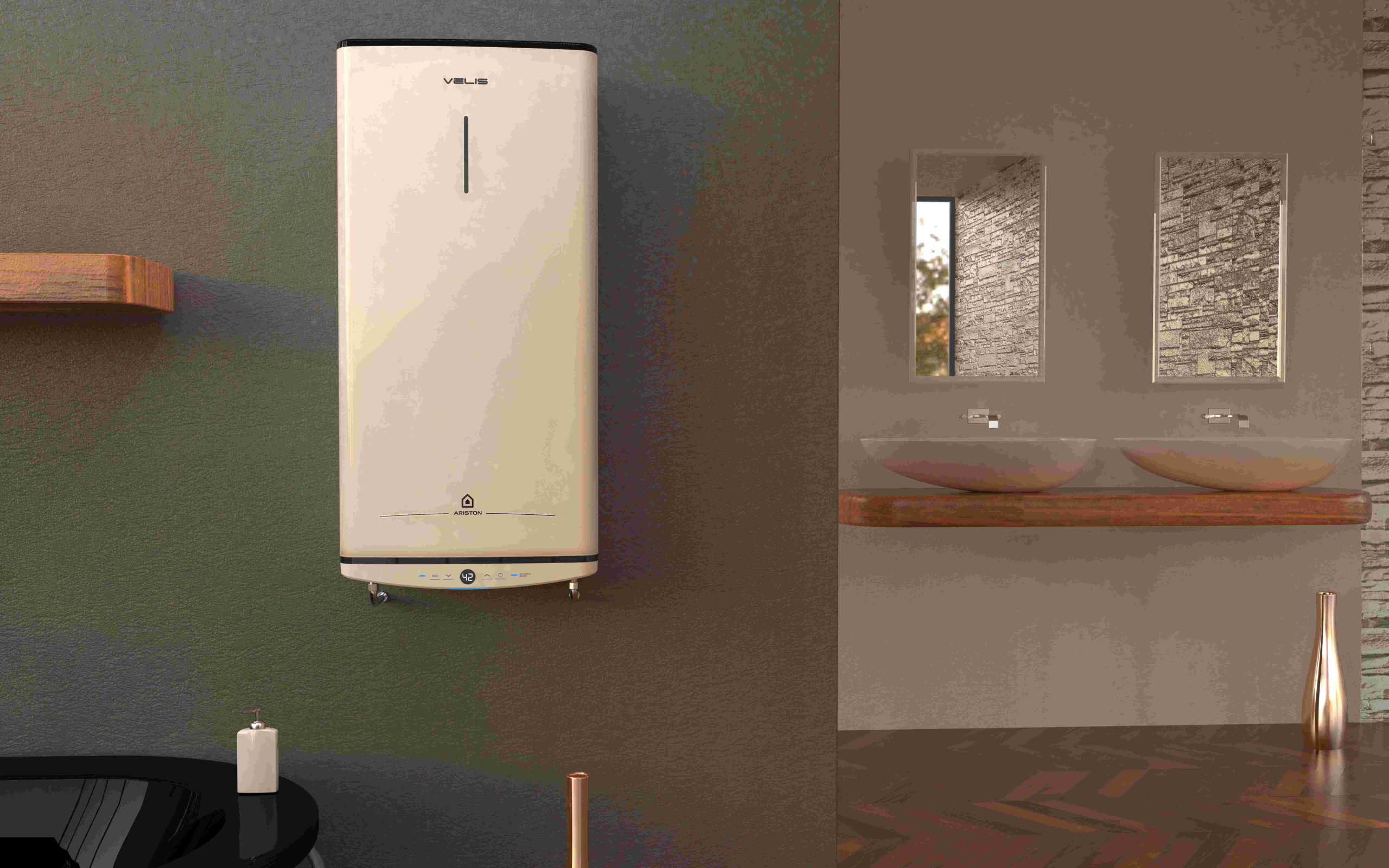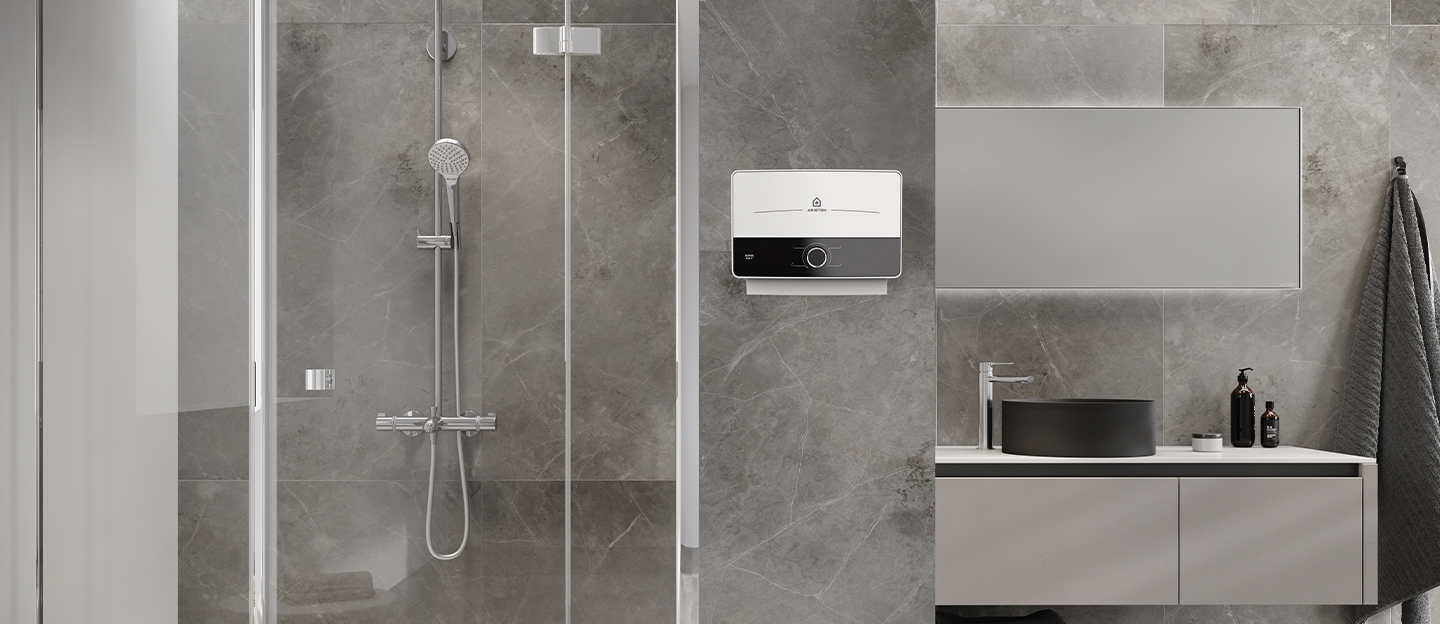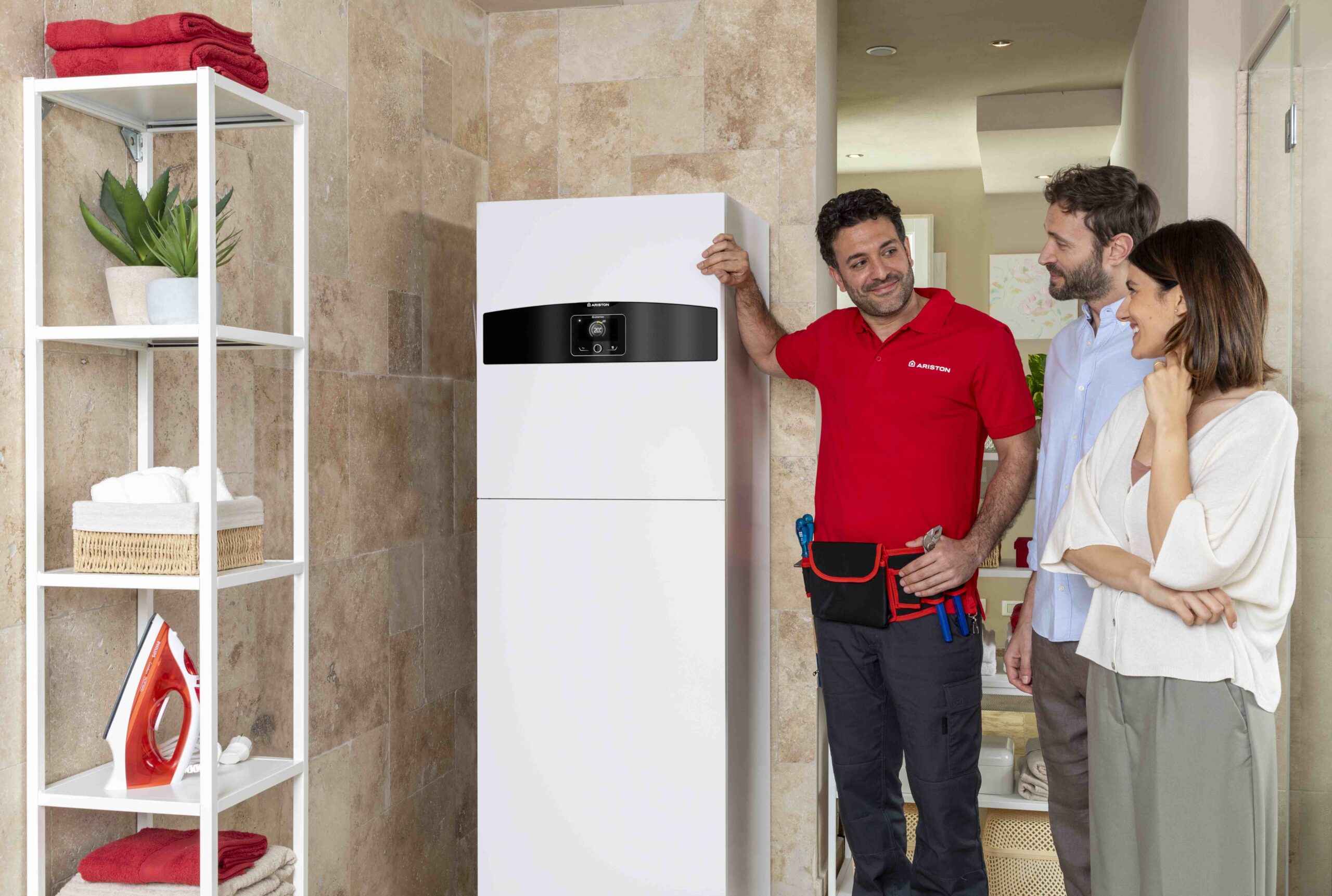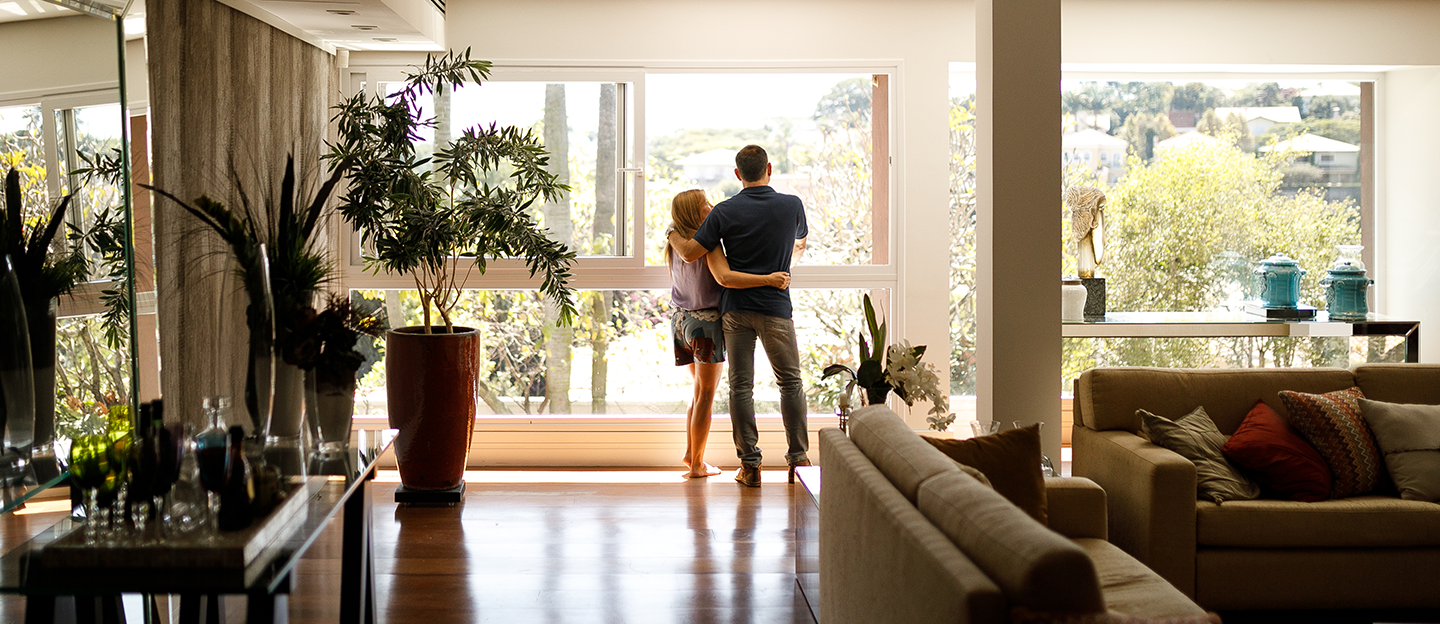How much water is consumed for a shower?
Do you know how many litres of water are consumed with a shower? And with a bath? Here's which is better and tips to avoid wasting water unnecessarily.
How much water is consumed for a shower?
Water consumed for a shower contributes towards your water footprint, i.e. the amount of fresh water consumed by a person or family. Drinking water is fundamental to life but it is also scarce and increasingly at risk due to drought and climate change.
That’s why it is essential to avoid wasting water at home, to preserve this precious resource and also reduce the energy consumption required to heat the water. Naturally, personal hygiene is important and should not be neglected but we need to be aware of the environmental impact of our habits.
We’ll look at how much water is consumed for a shower and bath and provide some useful tips on how to reduce water waste without compromising living comfort and personal hygiene.
What is the average water consumption for a shower?
Having a shower is an important daily activity to maintain personal hygiene, however, water is not always used reasonably and responsibly. Even a tiny bit of waste can cause a considerable increase in water consumption.
On average, when you leave the shower on, it consumes around 16 litres of water a minute – a significant amount to which you also need to add the gas or electricity consumed to heat the water. For a 5-minute shower, consumption is around 75–90 litres of water, which increases to 160 litres of water for a 10-minute shower and 240 litres of water for a 15-minute shower.
Based on an average consumption of around 200 litres of water per person per day, a 5-minute shower accounts for approximately 40% of your daily water requirement. The rest of the water is consumed for other personal needs, like cleaning your teeth, using the toilet or for food, such as washing food or filling a pan with water to cook pasta or other foods.
Then we need to take into account the energy consumption for domestic hot water. A 5-minute shower requires approximately 0.2 cubic metres of gas, so based on one shower a day, the monthly gas consumption would be 6 cubic metres. On average, gas consumption for hot water accounts for 10–15% of a family’s gas requirement, with a considerable impact on bills and the environment.
Does a shower or bath consume more water?
Naturally, having a bath instead of a shower consumes more water and energy. The difference depends on the duration of the shower because the bath contains a fixed amount of water based on the model installed in your bathroom.
A bath can contain between 100 and 160 litres of water, which is more than a 5-minute shower but the same as a 10-minute shower and less than a 15-minute shower. In general, choosing to have a shower instead of a bath consumes less water but only if it is a quick shower and the water is not left on for too long.
How to reduce water consumption for a shower
Water is a renewable natural resource but only when its collection does not surpass the environment’s ability to regenerate it. Unfortunately, water resources are at risk in many areas of the planet due to problems like drought, the climate crisis and the overuse of reservoirs for agriculture, drinking water, industry and electricity generation.
To protect this precious resource, we must use water reasonably, avoiding waste that could put the drinking water supply at serious risk. Firstly, it is good to attach an aerator to your taps, which mix the water with air to reduce water consumption without sacrificing living comfort. These devices can save thousands of litres of water a year on their own if installed at all water outlets.
Another tip is to repair all water leaks immediately, even if they are very small, like an occasional drip from the shower head or a drip from a pipe. You should also choose a shower over a bath but this alone is not enough to save a decent amount of water. It is important to reduce the length of your shower and try to keep it under 5 minutes to curb water consumption.
A good tip is to turn off the water while applying soap or shower gel, to prevent dozens of litres of water from being used unnecessarily. Even before you get in the shower, don’t wait too long for the bathroom to heat up from the steam coming from the hot water. Modern water heaters can supply hot water quickly and even instantly so it’s best to only turn the shower’s hot water on when you are ready.
To prevent needless energy waste for washing, you should adjust the water heater’s thermostat. A water temperature of 40°C in spring/summer and 50–60°C in autumn/winter is enough. You should also choose low-consumption water heaters equipped with the best technology, like condensing gas boilers, heat pump electric water heaters or a solar thermal system to use energy from the sun to produce domestic hot water in a sustainable way.

